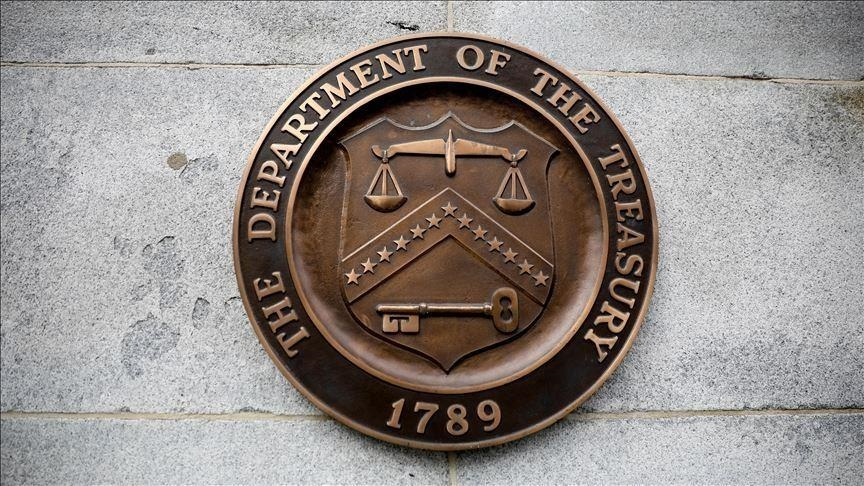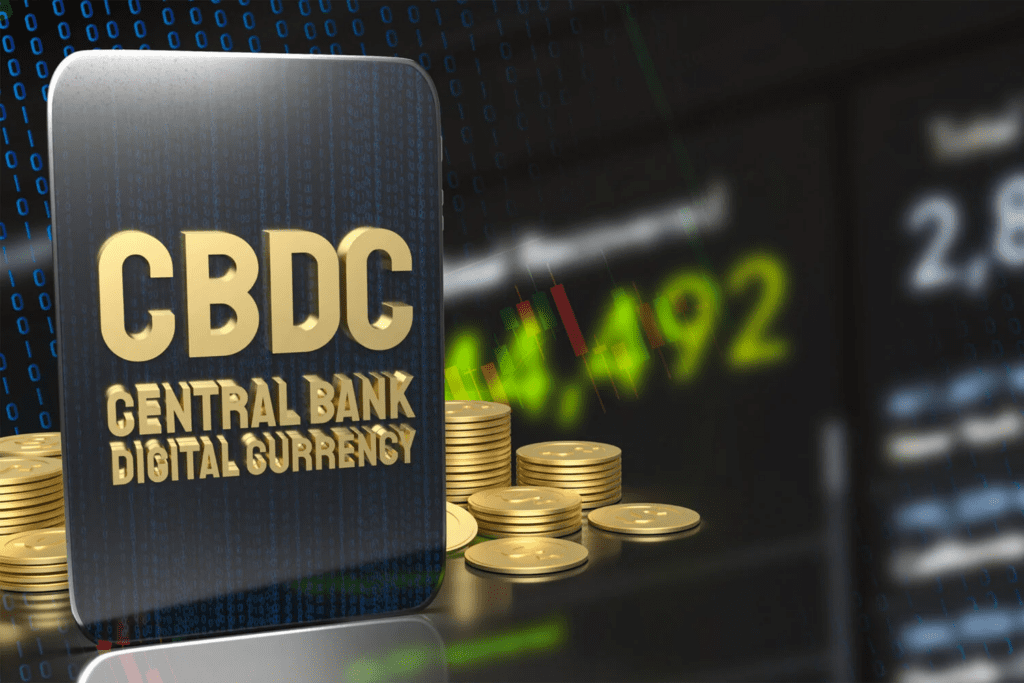Key Points:
- The US Treasury investigated ways to make retail transactions in a prospective CBDC as secret and anonymous as feasible.
- The United States has not yet decided whether to pursue a CBDC.
- CBDCs have been controversial in the United States, with some political officials attempting to outlaw them.
According to a Treasury official, the US Treasury is investigating the privacy implications of a future retail central bank digital currency (CBDC).

Graham Steele, assistant secretary for financial institutions at the US Treasury, spoke on Tuesday at the Transform Payments US 2023 Conference in Texas on the benefits and drawbacks of retail CBDCs. Nevertheless, he said that the US has not yet determined whether to pursue a CBDC.
“It is important that we consider the extent to which privacy and anonymity might be preserved and explore the technologies and methods available, including Privacy Enhancing Technologies (PETs), to enable such protections in the design of any potential retail CBDC. Such technologies could play a crucial role in maintaining transactional privacy while also ensuring transparency and traceability,” Steele stated.

According to him, a retail CBDC that is utilized by the general public might enhance financial inclusion and sustain the face value redemption of the currency, but it could also destabilize private sector financing and raise privacy issues.
“An additional challenge is protecting user privacy while minimizing risks of illicit financial transactions. Fulfilling both of these important objectives requires a careful balance in the design of any potential retail CBDC,” the Treasury official said.
As Steele was speaking, Treasury Secretary Janet Yellen appeared before the House Financial Services Committee on Tuesday, telling legislators that she is still concerned about regulatory vulnerabilities in the regulation of the spot market in non-securities digital assets and stablecoins. She said that the crypto industry requires a complete federal prudential framework and that we would be happy to engage with Congress to see whether such a framework can be developed.

CBDCs have been contentious in the United States, with some political officials attempting to outlaw them. Florida Governor Ron DeSantis, now a Republican presidential contender, passed legislation last month prohibiting CBDCs, claiming that his state was the first to do so.
DISCLAIMER: The information on this website is provided as general market commentary and does not constitute investment advice. We encourage you to do your own research before investing.
Join us to keep track of news: https://linktr.ee/coincu
Harold
Coincu News






















